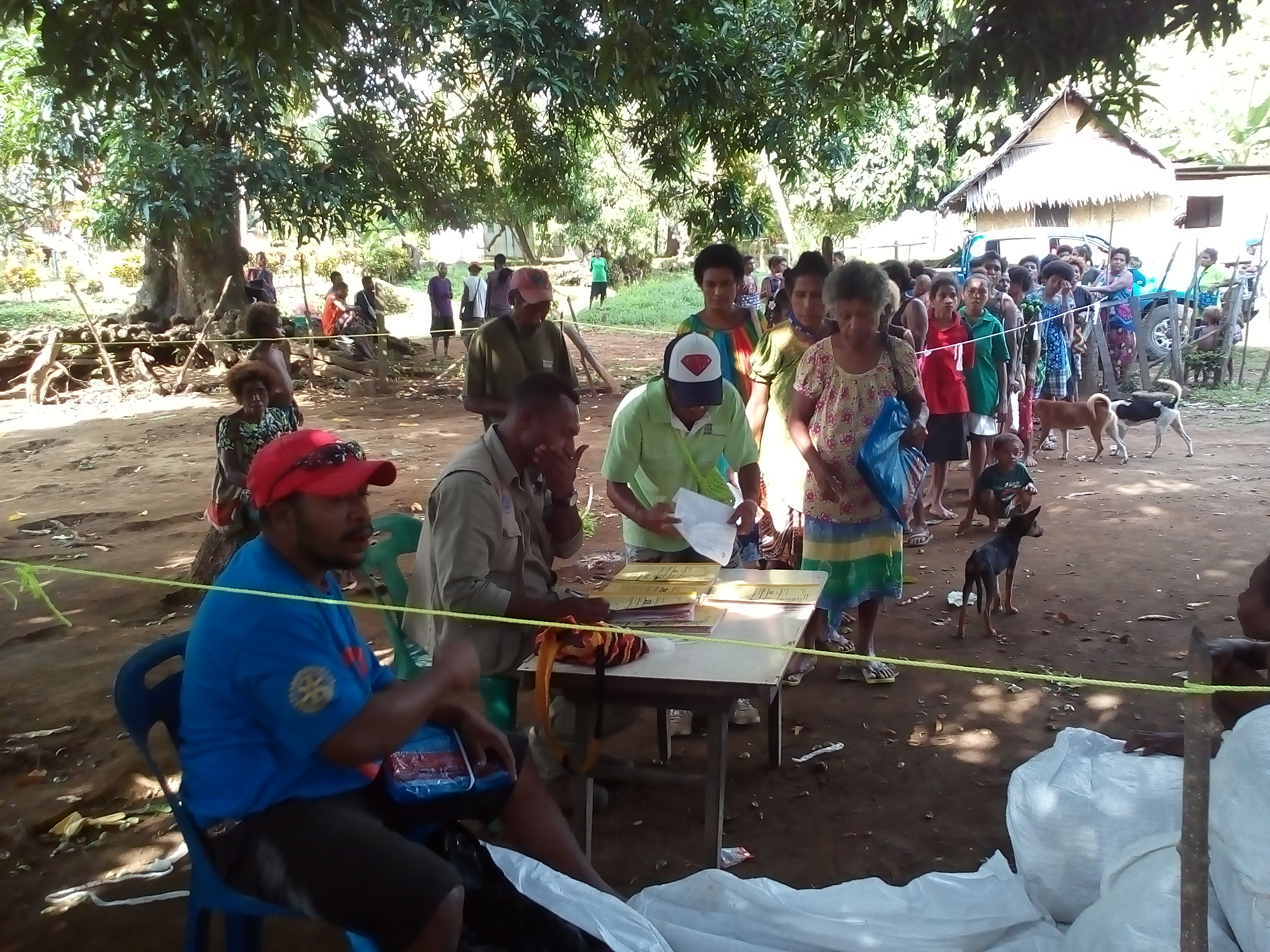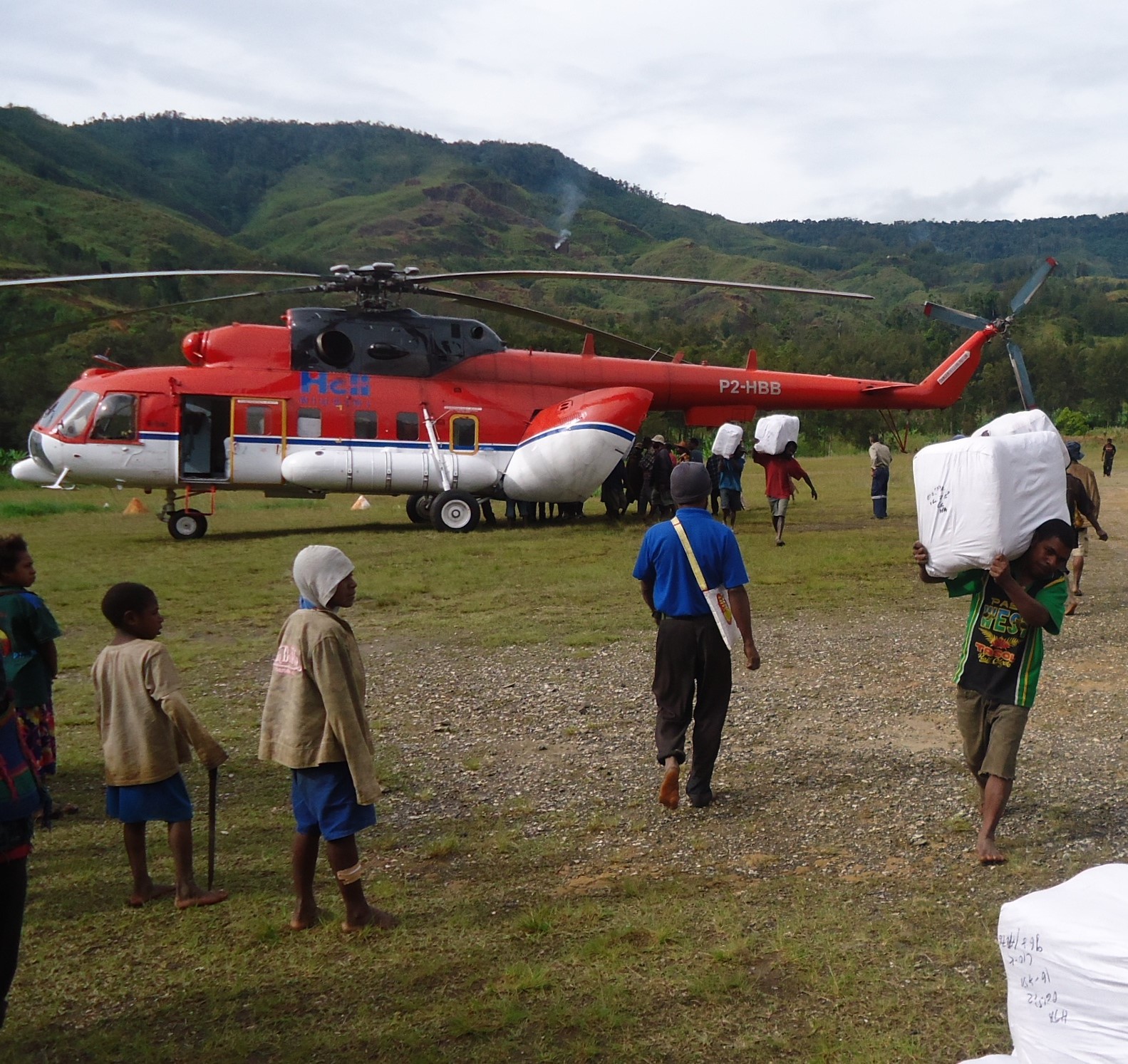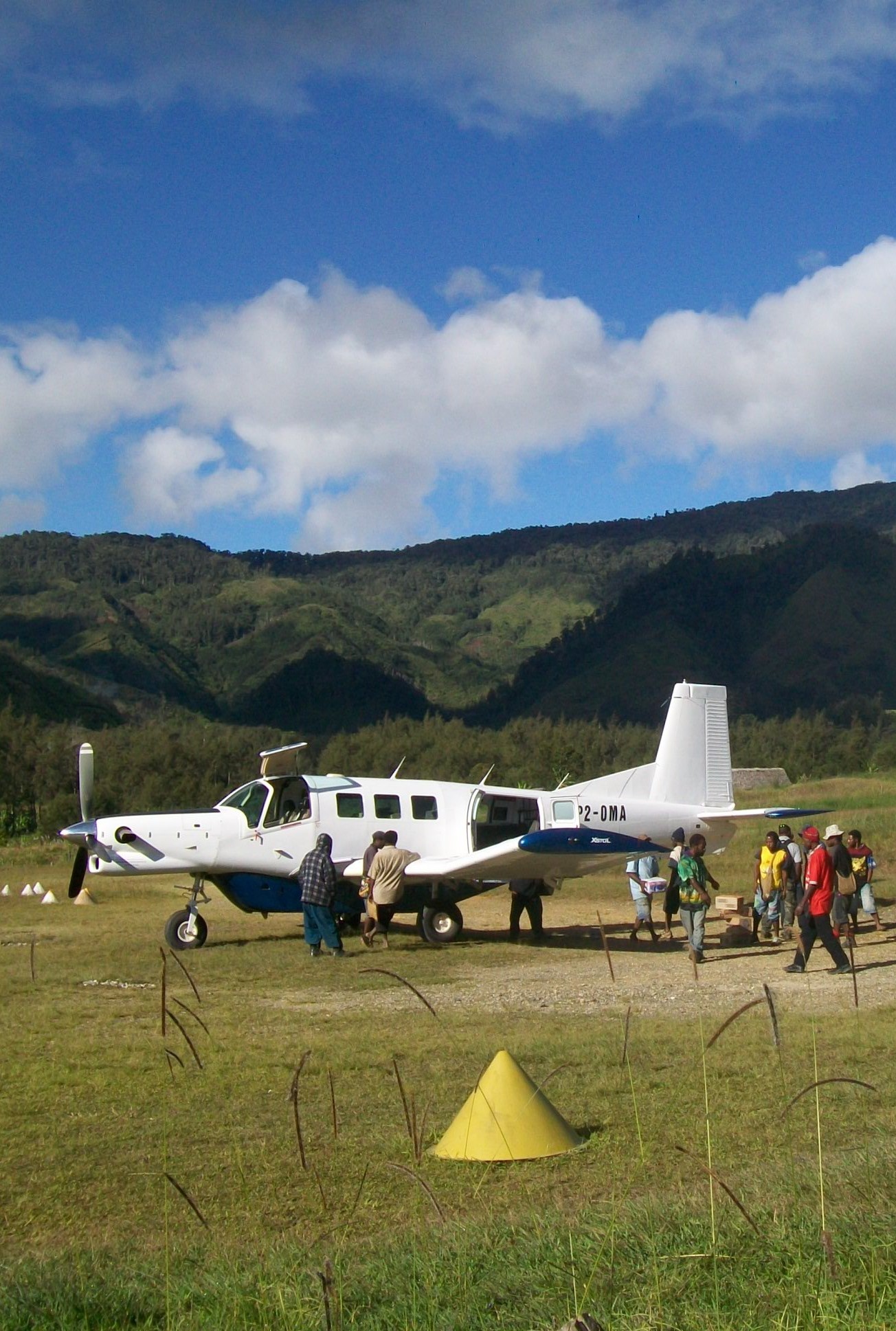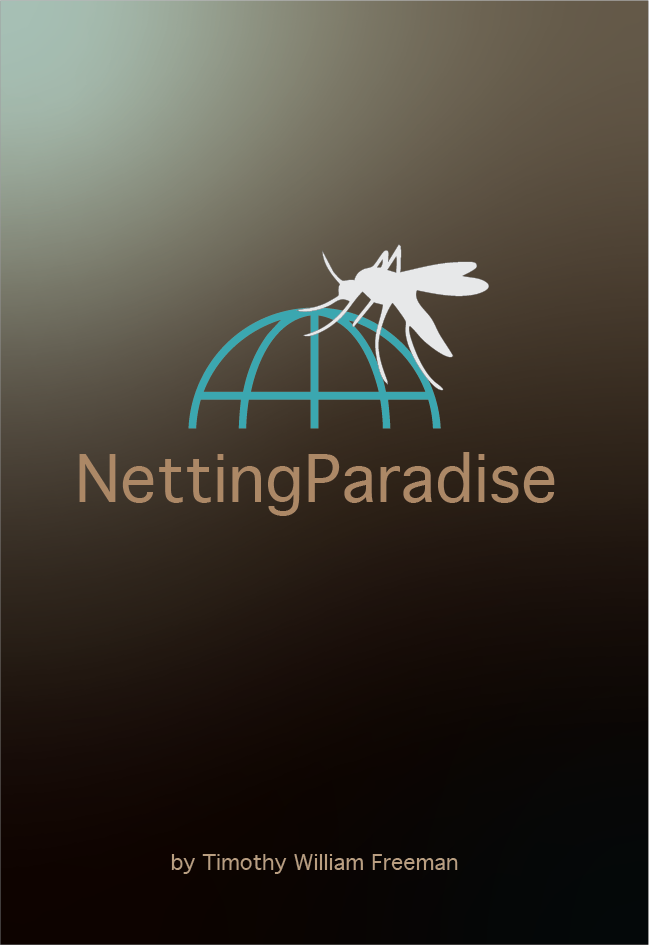Netting Paradise
Insecticide Treated Nets no longer work as they once did!
Billions of dollars wasted as malaria increases worldwide!
About The Book
Long Lasting Insecticidal Nets (LLINs) were first introduced in Papua New Guinea (PNG) in 2007, reducing malaria rates each year until 2015. From 2016 onwards, however, malaria infections started to rise in the population and has continued to do so since.
There is little doubt that the increases in malaria cases are the result of LLINs losing their efficacy.
Netting Paradise, a book by malaria specialist, Tim Freeman, documents this discovery in PNG, and the subsequent reaction of global health players. It delves into the rise and fall of LLINs, which have been a key strategy towards the elimination of malaria worldwide since 2000.


More About The Book
LLINs originally caused notable declines in malaria worldwide, including PNG, where the Rotarians Against Malaria (RAM) had been running a country-wide LLIN program since 2010. By 2015, PNG was seeing the lowest levels of malaria ever recorded and was expecting malaria to be eliminated in a few years.
Between 2007 and 2019, PNG received LLINs from a single manufacturer for its national malaria program. Until 2013, the nets killed 100% of mosquitoes when new and remained effective for over 5 years. Things changed from 2014 onwards, with the same LLIN brand failing to kill all mosquitoes even when new and losing most of its effectiveness within its first year of utilization.
By 2016, the consequences of these less effective nets became increasingly visible in the form of a noticeable annual increase in malaria cases in PNG and in many other countries worldwide.
In 2018, a scientist from the PNG Institute of Medical Research discovered that the treated nets were not working, and together with RAM, began to investigate the cause. The malaria world did not like the findings.
This is a story about what was discovered on this journey into a global health system mired by fear of rocking the boat, resulting in the waste of millions of aid dollars on solutions that have been compromised, ultimately putting thousands of people at risk from a preventable disease.
ACCESSIBILITY
The Book Is FREE Of Charge
Netting Paradise is available free of charge to download. But please, If you find the book interesting, please share this book with your friends and other contacts and particularly with others who may have influence.
This book has taken a long time to produce, and it is hoped it will put pressure on those in power to push for change and rapid improvement of LLINs worldwide. Therefore, if you enjoyed Netting Paradise, and would like to make a difference, please feel free to make a donation by clicking on the button below.
50% of the donations will go towards the production of the book and its further marketing. The remaining 50% of the funds raised will be used for further malaria research, particularly for the improvement of LLINs, which ultimately, still represent the best tool in the fight against malaria if they are improved.
START TO FINISH
How To Read The Book
The book can be read as a whole or in parts.
- Each chapter is a story in its own right, so the book can be read in any order.
- A description of each chapter is found at the beginning of the book. For example, if you wish to learn about malaria you can start with Chapter One, about the PNG Program, Chapter Two, or if you simply want to learn about the issues of mosquito net efficacy, you can start with Chapters Seven or Eight.


WHAT'S INSIDE
Table Of Contents
Introduction
Chapter 1: "Mal Aria"
Chapter 2: The Beginning Of The Rotarians Against Malaria (RAM) Program
Chapter 3: Papua New Guinea - The Country
Chapter 4: PNG LLIN Distribution Strategy
Chapter 5: The Malaria Program Partners
Chapter 6: Issues Faced in the Field Operations
Chapter 7: World Health Organisation Pest Evaluation Scheme WHOPES
Chapter 8: Signs of Trouble
Chapter 9: Public Private Partnerships
Chapter 10: The Hare and The Tortoise
Chapter 11: Future Malaria Control Projects
“This book has been written to put pressure on donors, the WHO (World Health Organisation), research organisations and manufacturers of mosquito nets to improve LLINs, so we can continue to work towards eliminating malaria worldwide.”
FREE TO SHARE AND REDISTRIBUTE
Downloads
Please feel free to redistribute the files as you see fit, and please consider donating to support further research and awareness.
THANK YOU FOR YOUR SUPPORT!
Please Donate Now
This book took a lot of time and money to produce. If you have enjoyed Netting Paradise and would like to contribute to its production and further research...your kind donation (however small) will facilitate us to continue the fight and fund essential research to make LLINs what they once were or even better.
If you wish to contact the author please write to nettingparadise@gmail.com.
Tim Freeman, former Rotarians Against Malaria (RAM) Project Manager
Donations should be in British Pounds. One Pound is equivalent approximately to $1.35 USD or $2.01 AUD. NOTE - 50% of donations will go to treated mosquito net research.

1% of your donation will go to removing CO₂ from the atmosphere.
50% of your donation will go to treated mosquito net research.
Payments are secure and details will not be stored or shared.
Trouble making a payment? Try this secure hosted donation link.
This will load a donation form.
A BRIEF INSIGHT
Sleeping Safely
If you would like to get a taste of PNG and the LLIN program as it was in 2012, please watch the film below. This was filmed before it was understood that LLINs were not working as they should.
ANY QUESTIONS
FAQs
A book by malaria specialist, Tim Freeman, documents this discovery in PNG, and the subsequent reaction of global health players. It delves into the rise and fall of LLINs, which have been a key strategy towards the elimination of malaria worldwide since 2000.
LLINs no longer work as they once did. This book is written to put pressure on authorities improve the quality of nets and hence reduce malaria futhrer.
The author has not received any type of salary while writing this book and contributions are being asked for to offset any financial losses seen during the previous year. Similarly, the author has been so frustrated at the inability to control malaria in PNG that 50% of any funds raised will be donated to research programs that will improve the efficacy and distribution of LLINs in Papua New Guinea and elsewhere.
All card types are accepted.
